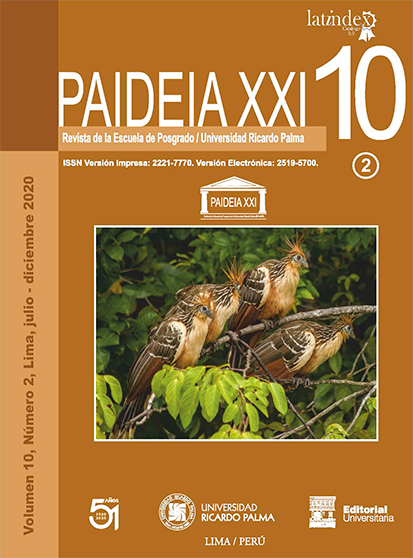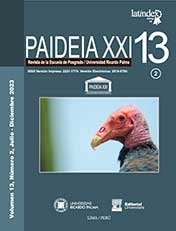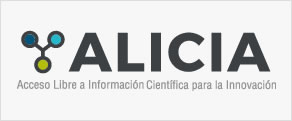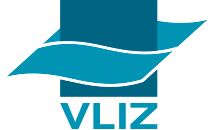COURSE OF TRANSLATION FOR HEALTH PROFESSIONALS
DOI:
https://doi.org/10.31381/paideia.v10i2.3438Abstract
Translation of scientifi c writing constitutes a diffi culty at Medical College from Villa Clara, Cuba; mainly, in spelling, lexical and syntactic levels: misuse of foreign words, articles, prepositions, and overuse of passive voice and gerund. Thus, a postgraduate course directed to these professionals was designed to eradicate such defi ciencies; therefore, the authors intend to show its results. Theoretical methods were applied: analysis-synthesis and induction-deduction and empirical ones: observation of the course development and a broad document review of scientifi c abstracts written by Cubans and foreigners related to Health. Consequently, the results were very favorable; 12 out of 15 students were good graded, and three were excellent. Moreover, these revealed constructive opinions about the course using PNI technique (positive, negative, interesting). It can be highlighted that six of the students were graded with four and fi ve in the English exercise for teaching rank; likewise, four of them could publish their scientifi c results in important journals. Finally, this experience contributed to students’ refl ection and strengthened their skills in translating scientifi c texts, which evidence the course's effectiveness.
Keywords: health professionals – postgraduate course – translation












